
FOR close to three decades now, the UK-based Cares has been promoting its steel certification schemes across the world and in the Gulf to ensure consistent compliance of products with appropriate product standards and customer specifications.
Prior to Cares, the supply of reinforcing steels suffered due to several reasons:
• Steel arrived on construction sites that failed to meet all the requirements of the appropriate standard, resulting in expensive additional testing and site delays;
• Test certificates were used to represent material from different sources to those stated and in some cases fraudulently altered to cover material that did not comply with the standard;
• Excessive variabilities in mechanical properties, which in some cases were seen to fall below the minimum required in the standard;
• There was a lack of awareness of methods used for marking deformed bar and very little knowledge of the identity system for any mill. Some steel mills used the same bar marking for differing grades of steel from different product standards; and
• There were many cases where a gap in technical appreciation was found between purchaser and supplier. On occasions this was the result of a simple case of a failure to supply test certificates on time, in others there had been major differences between tender documents, purchase orders and purchaser expectations.
In many markets, certification is not called up by construction regulations and can be regarded as voluntary. Cares set out to convince major construction clients, specifiers and contractors that use of its certification in specifications and quality management systems would provide the confidence to use such material with no further testing required.
Government support, for both financial and practical reasons, required that Cares be set up in an open and transparent manner that complies with international criteria for such an independent third party body.
Cares was required to be independent and it did this by achieving the active participation of organisations representing all major interests in the building and construction industry who were willing to demonstrate a commitment to quality for this important material supply sector.
Cares began operating in the UK in 1984 and became accredited by the National Accreditation Council for Certification Bodies (NACCB). It was originally the only certification body accredited for both quality systems and product conformity assessment and continues to be accredited through the now reorganised accreditation body, UKAS.
Steel reinforcement
Reinforcing steel must be fixed in a construction and must satisfy a defined set of criteria. It must:
• Be bent into shape with sufficient precision to fit complicated structures and not cause loss of cover;
• Possess a minimum strength to discharge its load bearing function; ductility to satisfy the formability requirements to be bent into the designed shape and also sufficient ductility to provide progressive failure under certain conditions; and good weldability, in part for site fabrication and in part to minimise accidental damage;
• For many structures of particular design, possess good fatigue properties; and also good bond properties.
It is the role of the steel mill metallurgist to ensure that these requirements are met and, with the correct equipment, procedures and controls, this is readily achievable.
Scheme design
Taking all these factors into account, Cares created a unique form of product certification scheme. It was concluded that, for certification to achieve real client confidence and to remove the need for on-site product testing and its associated delays, its requirements must relate to the manufacturer, the product itself, its manufacturing process and also the industry in which it was being applied. Therefore, Cares decided to certify the entire supply chain.
The Cares scheme for steel for the reinforcement of concrete goes beyond product testing and includes:
• The ability to trace material from hot metal through to the process of fixing it into position prior to concrete pour;
• Evaluation of process capability and an ongoing evaluation of quality performance through statistical analysis of test results; and
• A feedback mechanism through an ongoing evaluation of customer complaints throughout the supply chain from steel mill to construction site.
In this way it provides a genuinely useful service to clients, specifiers and contractors. Furthermore, it also serves to create an environment for the improvement and development of the reinforcing steel products and their supply chain.
Cares requirements
Cares performs product certification on each layer of the supply chain. In order to gain and maintain approval, steel must be purchased from a supplier within the approved chain.
The certification scheme now covers: carbon steel bars and coils, including stainless reinforcing steels; processing of bar, coil and fabric; stocking and distribution of bar, coil and fabric; cold worked wire; welded fabric; welding; mechanical couplers; and trading.
Cares places an emphasis on the control of processes that influence the conformity of the steel, product or service. It looks closely at the manufacture, processing and quality control, but does not seek to specify how the manufacturer must conduct his operation. It asks the manufacturer to demonstrate that the procedures are fully controlled and to convince the Cares auditors that the processes operate satisfactorily.
For example, the production of carbon steel bars and coils requires manufacturers to employ a set of procedures which cover their operation from purchase and receipt of raw materials, through melting, casting, billet reheating and rolling through to despatch. These procedures must include sampling and testing to the requirements of the relevant product standard.
Sampling and testing
Product testing is central to the scheme requirements of Cares. Where activities influencing the specified properties of the steel are carried out, for example, in the production of reinforcing bar, wire and fabric, product conformity assessment is applied in four stages. These may be summarised as:
• The supplier’s records of routine tests are examined to determine compliance of both the product and the quality level achieved over defined periods of time;
• In the case of reinforcing bar or coil, 10 samples are selected by the auditor from each of three casts, in each of three sizes covering the manufactured range, and the testing is witnessed by the Cares auditor. The results of this ‘witness testing’ are then statistically compared with the manufacturer’s routine test results;
• Duplicates of the samples are submitted to an individually selected, yet fully independent, test laboratory. Results are analysed; and
• The magnitude of the standard deviation of results from each 10-sample lot, from each cast, is examined for “within cast” variability, in order to determine the degree of process control.
Traceability
Traceability to both the producer of the steel and to its specific production data, including test results, is of major importance. It provides the capability to locate materials that have emerged as problematic after despatch by the producer and to detect the source of both the producer and the problem. It also provides the reinforcement processor and contractor with the test data to enable subsequent processing, with the full knowledge of the steel properties.
Cares adopts a system of marking of the rolled reinforcing bar, coil or wire. In the rolling mill, when the ribs are rolled on to the bar, the Cares mark is also rolled on, together with a series of dots, to identify the country and mill of origin.
In addition, approved firms are required to use the Cares logo and certificate number on all test and delivery documentation. The logo and certificate number are placed on the certificate of test, as produced by the steel mill.
Product traceability, and the use of the Cares logo and certificate number, applies to all certificated companies throughout the supply chain. This includes those whose manufacturing operations do not materially change the specified properties of the steel, for example in the case of cutting and bending.
Customer complaints
In the reinforcing steel scheme, each Cares-approved firm, at each level of the supply chain, is required to submit to Cares, on a quarterly basis, details of all customer complaints that have been received in relation to compliance of the products for which they are approved to manufacture.
In this way, Cares can assess the ability of the approved firm to comply with customers’ requirements, as well as to monitor trends throughout the entire supply chain. In addition, as an accredited third party product certification body, Cares must operate a procedure that can deal with any complaint by a construction client or contractor against the performance of one of its approved firms.
Approved firms
The outcome of a satisfactory assessment by Cares is the issue of a Cares certificate of approval, with a closely defined scope. A typical certificate of approval states the name of the company, the factory to which the successful assessment applies and the products and services covered. This will include the size range, if appropriate.
Significant changes to the producer’s system, process and product result in a reassessment in order that approval can continue. Following approval of all types of manufacturers, processors, stockists and traders, surveillance inspections are carried out at least twice annually. The surveillance inspection covers all aspects of the initial assessment. Details of all approved firms are published on a list in an easily searchable form on the website www.ukcares.com.










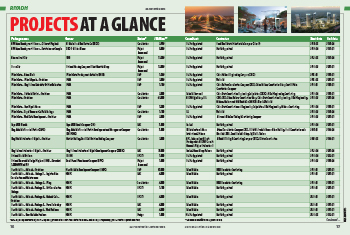




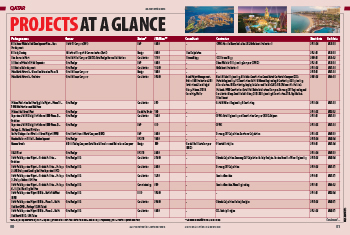
.jpg)

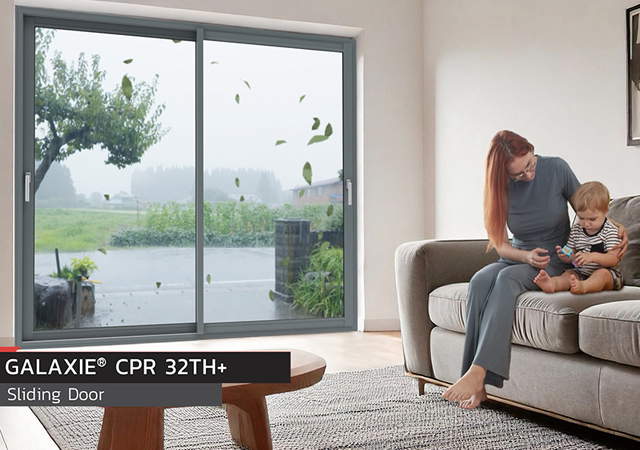



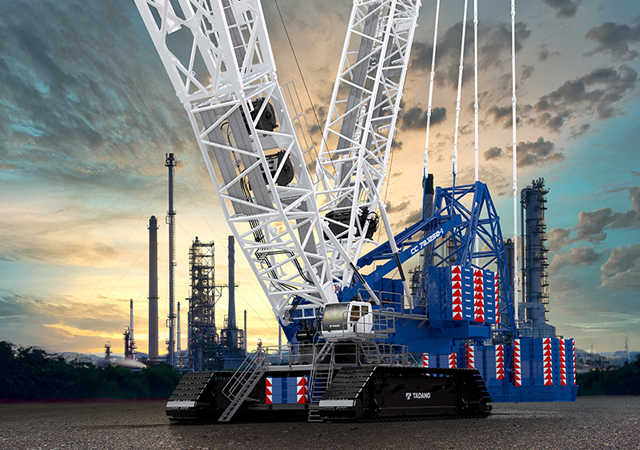
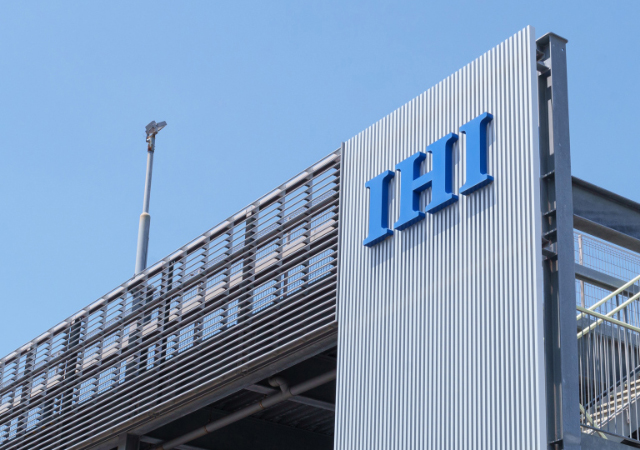
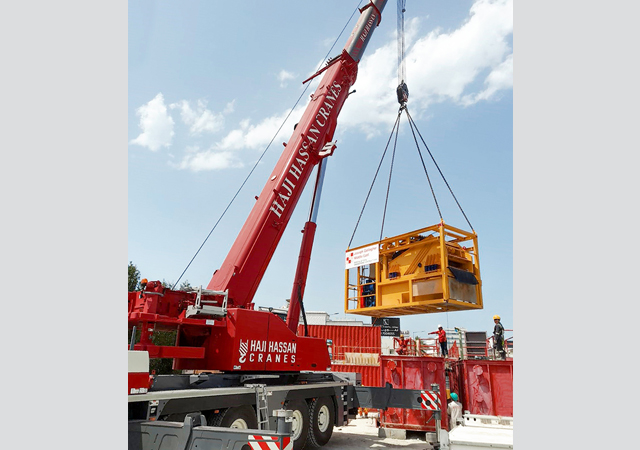


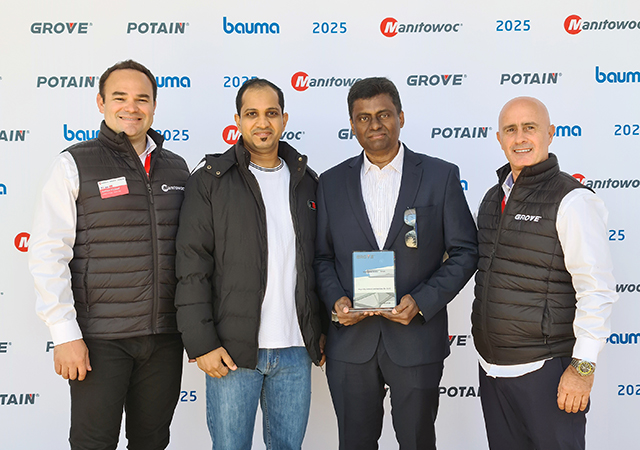
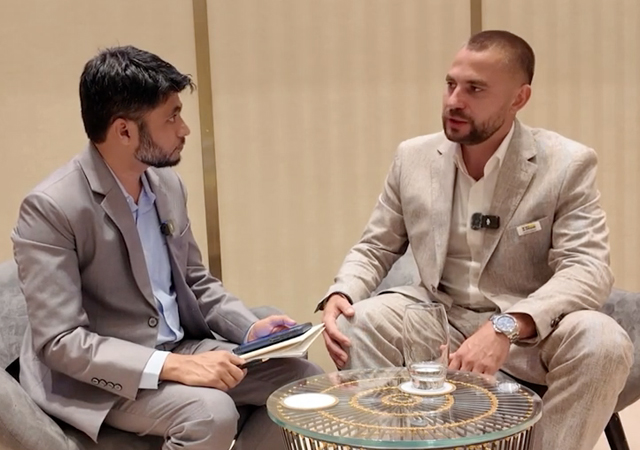
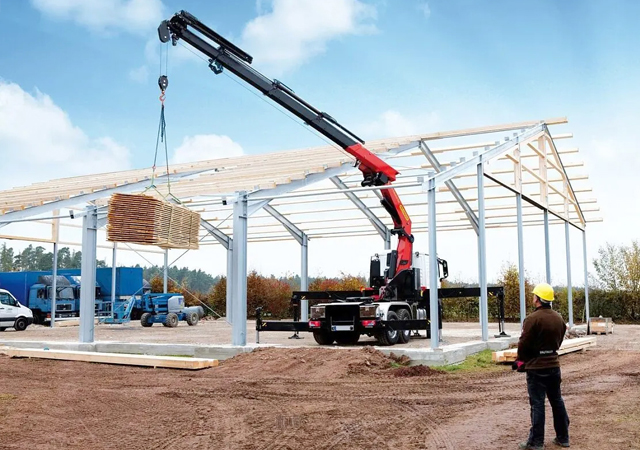
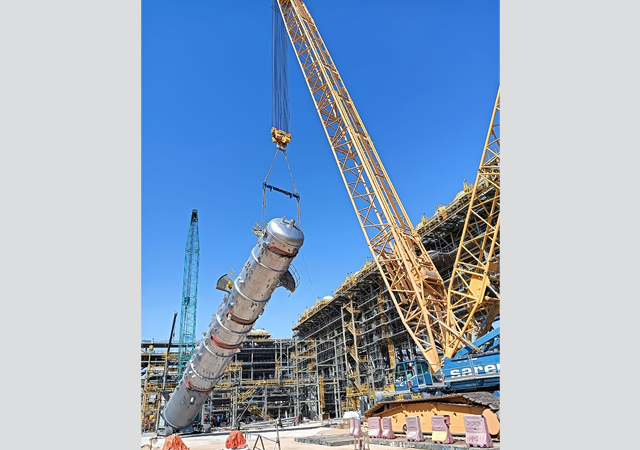
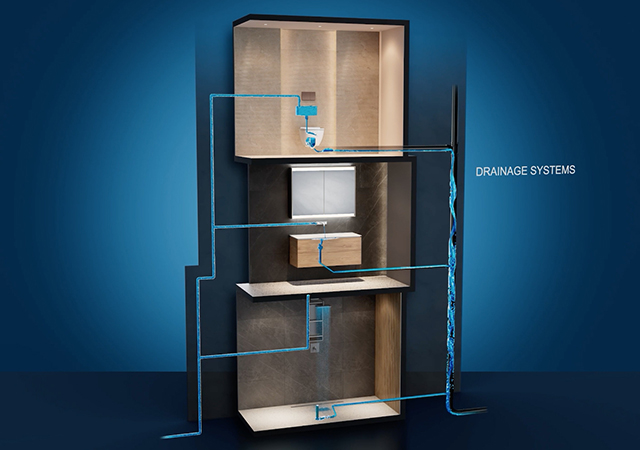







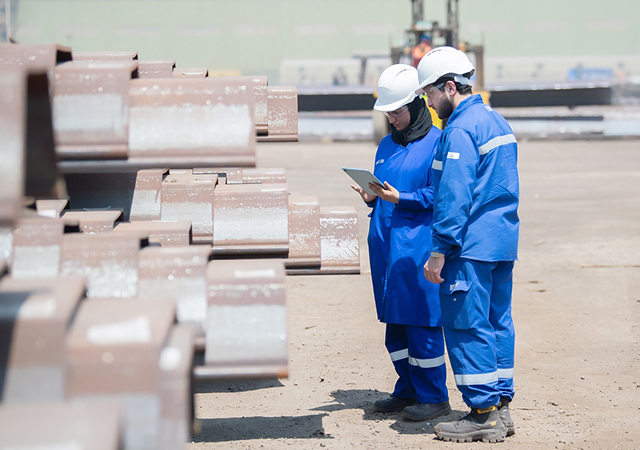


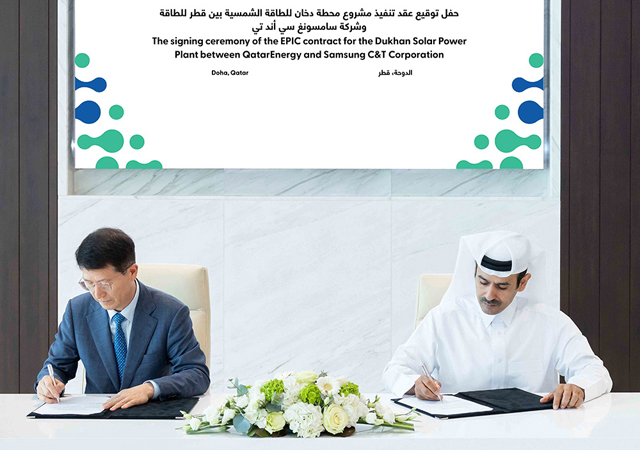


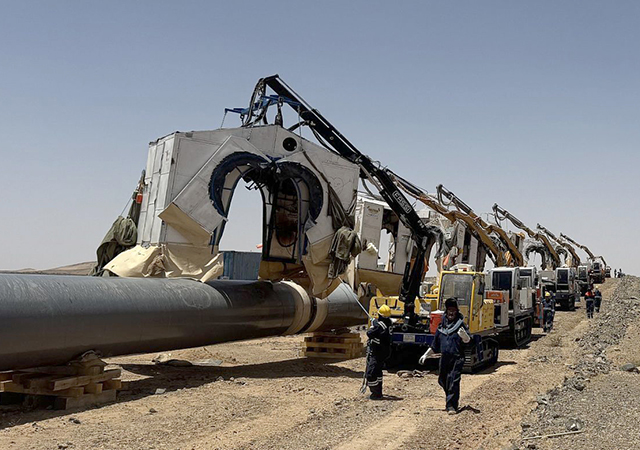

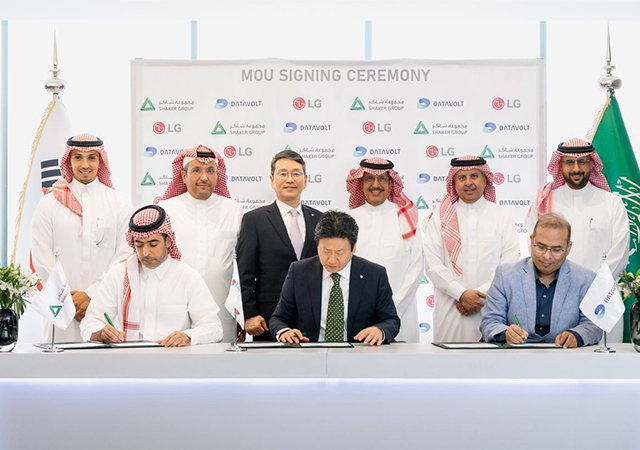





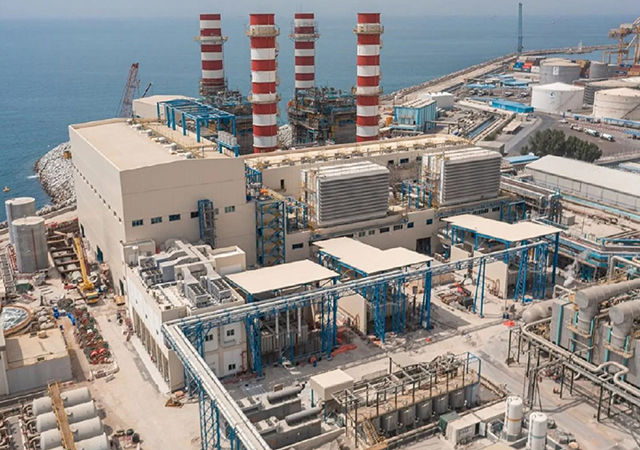






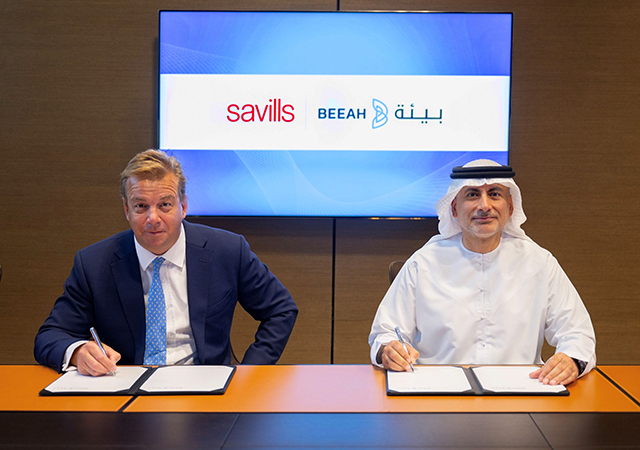








.jpg)




.jpg)







